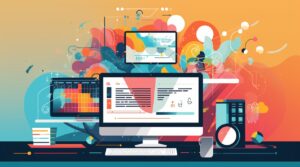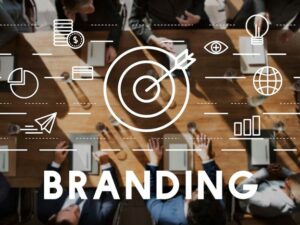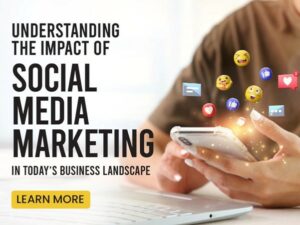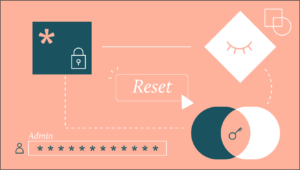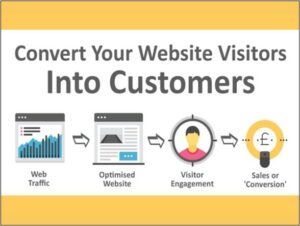Career colleges are changing the game by using online classes to break down the barriers of distance and challenging situations. These online classes are the new way to learn, getting rid of old-school limits like where you live or your background. Now, students from busy cities or quiet small towns can get the same good education.
Making Learning Fit You
Education today needs to be about what each student needs. Online classes are great for this because they use innovative tech to match lessons to how fast or slow a student learns. Being able to control when you learn – to stop, go back, and go over things again – makes a big difference. It means teaching can fit each student better instead of treating everyone the same.
Using Tech to Help Everyone Learn

Regular classrooms might not work well for everyone. But online classes can be fairer because they use technology to help out, like with subtitles for videos, audio explanations, and ways to change text. This tech makes sure all students, no matter their abilities, can do well in school.
For career institutions, offering asynchronous classes or self-paced modules implies that education can influence the student’s life, not the other way around. Because students are less likely to be stressed out or distracted when studying, this method not only makes education more accessible but can also increase outcomes.
Learning from the World
Online classes let career colleges have classes without borders. This lets students share ideas and learn about different ways of life and thinking from all over the world. This is really important for working together with people from different countries.
Adapting Instruction to Students’ Individual Preferences

Traditional education’s one-size-fits-all approach fails to account for students’ varying rates of information processing and retention. The wide variety of resources available on digital platforms may accommodate learning styles. Visual learners can benefit from videos and infographics, while auditory learners can use podcasts and recorded lectures. Kinesthetic learners, who gain knowledge by movement, might be interested in interactive simulations and debates.
By utilizing a variety of pedagogical strategies, professional development institutions are better able to satisfy the demands of a varied student body. With these tools at their disposal, students may study and revisit the material at their own pace.
Online discussion boards, group projects, and peer assessments may all be used to encourage students to work together and gain a deeper understanding of course material. Career colleges help students develop critical skills like cultural awareness and teamwork by fostering a diverse student body.
Conclusion
The deliberate use of online learning has the potential to convert vocational institutions into bastions of inclusion and accessibility. Orange InfoMedia offers advanced technology and integrated services to enhance the advantages of online learning and promote not just ideas but concrete outcomes, such as the adaptability of digital education, the accommodation of different learning styles, the improvement of accessibility for students with impairments, and the nurturing of a diverse educational community.





